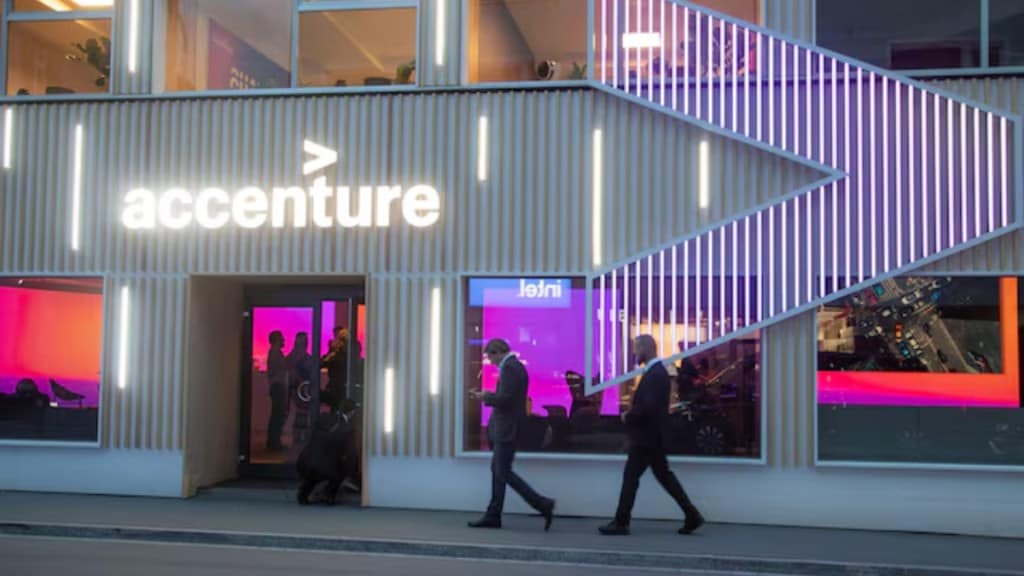Tech consultancy giant Accenture has proposed building a new campus in the southern Indian state of Andhra Pradesh, with plans to eventually add about 12,000 jobs to its India workforce, three people familiar with the development told Reuters.
The proposal follows similar deals made by IT firms Tata Consultancy Services (TCS) and Cognizant, both of which have taken advantage of a new state policy that offers leased land at just 0.99 rupees (around $0.0112) per acre to large employers willing to generate jobs.
India already serves as Accenture’s largest global hub, with more than 300,000 of its 790,000 employees based in the country.
Accenture makes land request in Visakhapatnam
As part of its plan, Accenture has requested around 10 acres of land in the port city of Visakhapatnam on similar terms, according to the Reuters sources. The proposal is under review by the state government. Accenture has yet to respond to the reports.
A state official, however, confirmed to the outlet that the Andhra government is keen to bring in the firm. “It is not an unreasonable ask by Accenture, and the proposal will go through,” the official said, adding that approvals may take some time. The investment outlay Accenture intends to commit to the facility has not been revealed yet.
A growing tech hub
Visakhapatnam has been emerging as a tech magnet, with TCS and Cognizant already securing land under the same policy to build campuses that could generate around 20,000 jobs. Cognizant has announced a $183 million investment, while TCS has committed slightly over $154 million.
Post-pandemic, global IT companies have been eyeing Tier-2 Indian cities for expansion owing to lower land, rent and wage costs. Companies also find it easier to hire locally now, a big shift from the earlier trend of talent migrating to major tech hubs such as Bengaluru, Hyderabad and Pune.
Policy headwinds in the US
Accenture’s proposal comes just days after President Donald Trump’s administration mandated a $100,000 fee for new H-1B visas. The hefty increase in costs is expected to hurt the tech industry, which was the largest recipient of H-1B visas last year.
The sector is also preparing for further uncertainty as US lawmakers debate a proposed 25% tax on American firms outsourcing work overseas. Analysts say this could lead customers to delay or renegotiate contracts, adding to the challenges for Indian IT exporters.

